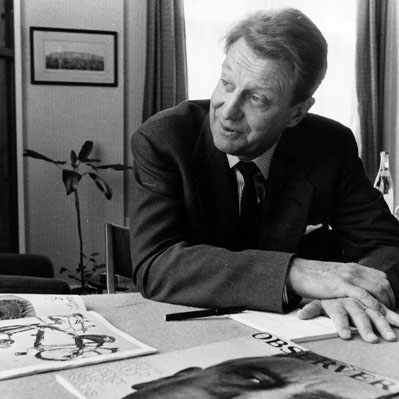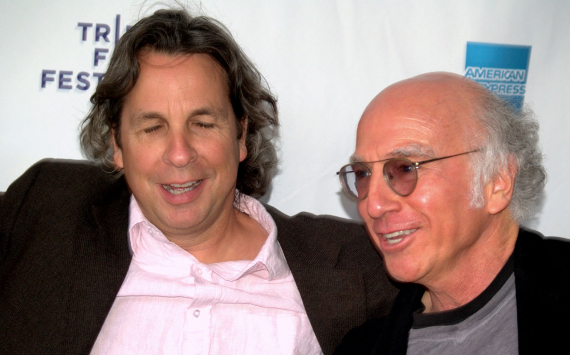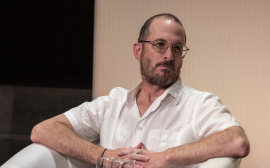- 1. Career
- 1.1. Observer editor

ASTOR
David
English newspaper publisher
Date of Birth: 5 March 1912
person_view.holiday: Energy Efficiency Day
Date death: 7 December 2001
Age at the time of death: 89 years old
Zodiac sign: Pisces
Profession: Newspaper publisher
Biography
Francis David Langhorne Astor was an English newspaper publisher, editor of The Observer at the height of its circulation and influence, and member of the Astor family, "the landlords of New York".
Career
In 1936, Astor joined the Yorkshire Post newspaper, where he worked for a year before joining his father's newspaper, The Observer, which he would edit for 27 years. With his father's advancing age, and high inheritance taxes in England, in 1945 David Astor and his brother transferred ownership of the paper to a board of trustees. The trust contained restrictions so that the paper could not be subject to a hostile takeover but also stipulated that its profits go towards improving the newspaper, promoting high journalistic standards, and required a portion of the profits to be donated to charitable causes.
In 1945, Astor purchased the Manor House at Sutton Courtenay, Oxfordshire, living there and restoring The Abbey in the village, which he bought in 1958 and was across the road from the Manor House. He leased The Abbey to the Ockenden Venture, which used it as a home for refugee children.
Observer editor
Astor became the editor of The Observer in 1948 and by the mid-1950s, he had made The Observer a successful and influential paper that published points of view from the right and left. Astor's policies were passionate about the plight of black Africans and the violation of human rights. He wrote against the death penalty and opposed all censorship. But, he took a more conservative view on the economic problems caused by high taxes and believed British trades unions had become too powerful and were hindering economic progress. He warned of the dangers of big government and of big business, influenced by his friend and employee of The Observer, George Orwell.
Astor broadly supported the Cold War containment policies of Atlantic alliance and consequently had difficulties with The Observer's foreign editor, the German emigre Sebastian Haffner. Haffner was unwilling to dismiss the March 1952 Stalin Note with its offer of Soviet withdrawal in return for German neutrality. In 1954 he accepted a financially generous offer to transfer to Berlin as The Observer's German correspondent but again broke with Astor in 1961 when The Observer refused to call for a more forceful allied response to the building of the Berlin Wall.
With Haffner, in the late 1940s Astor was one of the so-called Shanghai Club (named after a restaurant in Soho) of liberal/left-leaning and emigre journalists that included Orwell, Isaac Deutscher (who as a roving European correspondent also wrote for the Observer), E. H. Carr, Barbara Ward, and Jon Kimche.
In 1956, David Astor and his newspaper came under fire when it accused Prime Minister Anthony Eden of lying to the people about important matters in Suez Crisis. Although he ultimately was shown to have been right, the situation harmed the paper's image and its circulation and advertising revenue began to decline. Astor's causes included playing a main role in establishing Amnesty International in 1961 after his paper published "The Forgotten Prisoners" by Peter Benenson. He also voiced strong opposition to the apartheid policy of the white South African government and supported the African National Congress (ANC). Nelson Mandela would refer to Astor as one of the best and most loyal of friends who had supported the ANC when other newspapers ignored them.
Despite his great wealth, David Astor lived modestly, putting his money to good use through a network of benefactions and charities. Although he proved a brilliant editor, he lacked the drive for profits like other newcomers to the business who took advantage to increase rapidly both their advertising and circulation at the expense of The Observer. When The Daily Telegraph launched a Sunday edition in 1961 it changed what had been a staid industry and the ensuing battles for advertising changed the character of how and what newspapers were all about. The aggressive marketing by The Sunday Times under Canadian newspaper tycoon Roy Thomson hurt circulation while the paper's unions were making repeated demands that drove costs to a point where the operation became an unsustainable business.
In April 1962, Astor gave a speech about the roots of political extremism, which led to the formation of the Columbus Centre, led by Professor Norman Cohn, and which became a research centre at the University of Sussex.
Mentions in the news
Mentioned together
Colleagues
Born in one day
person_view.holiday: Energy Efficiency Day
(Rat) .
Horoscope Pisces: horoscope for today, horoscope for tomorrow, horoscope for week, horoscope for month, horoscope for year.



























































